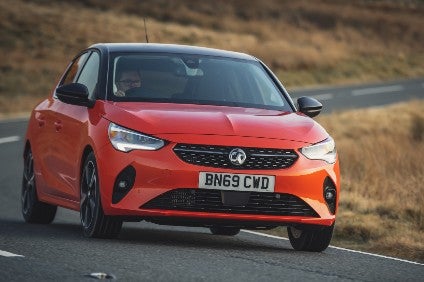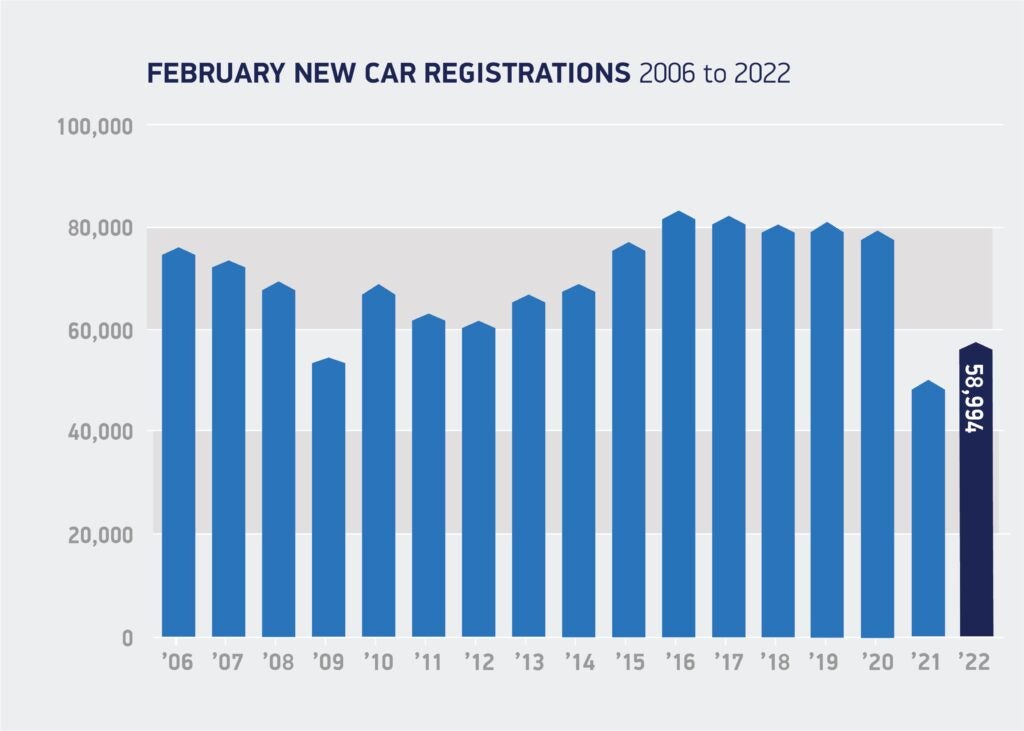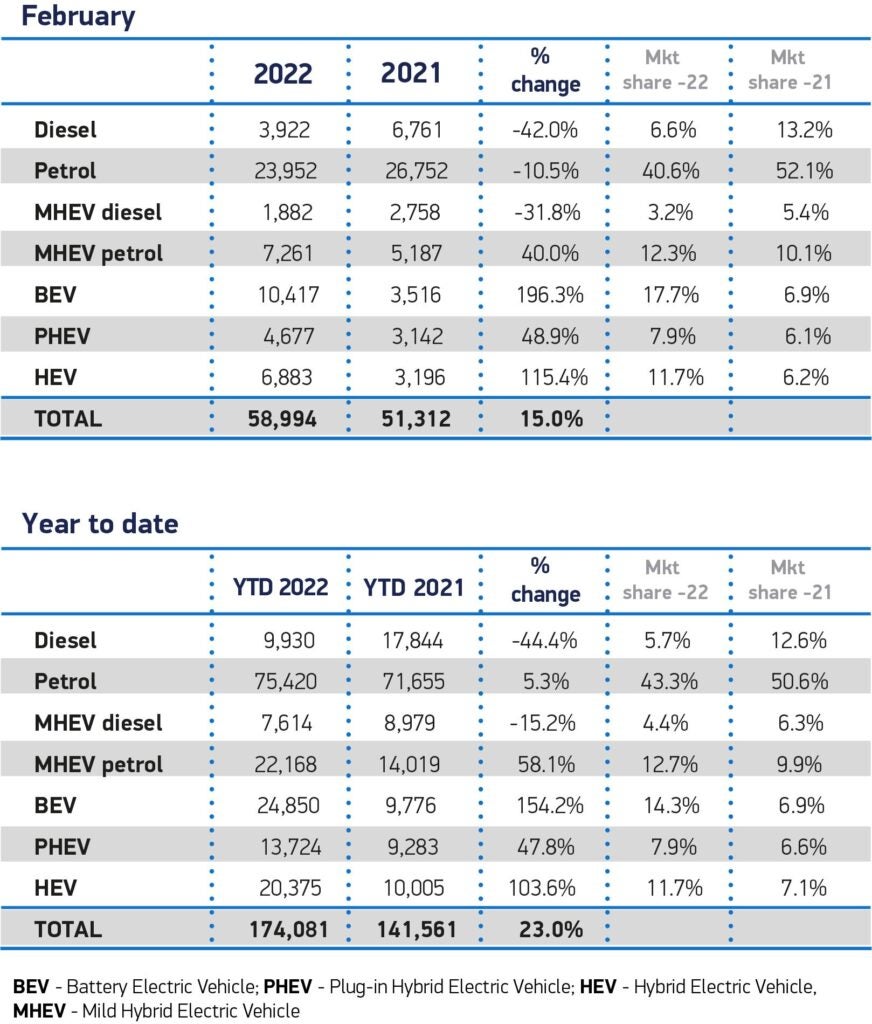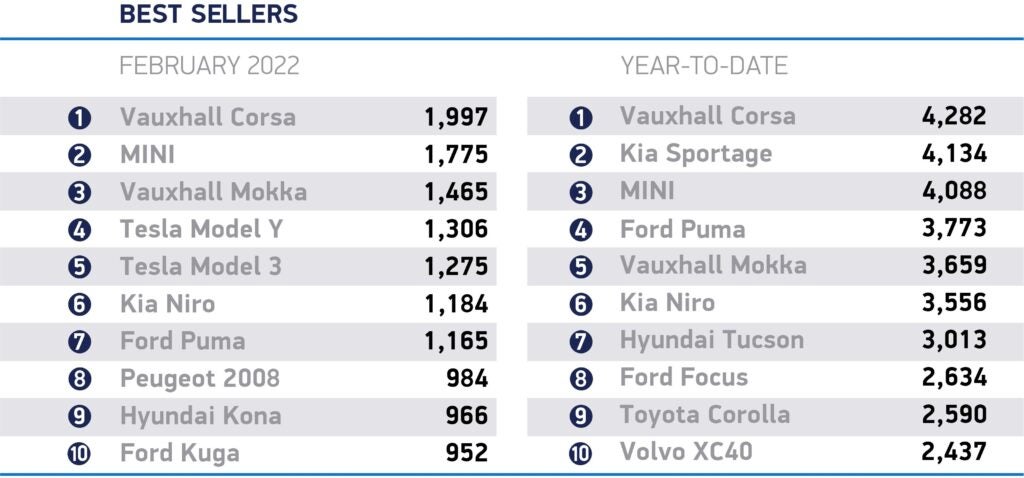
UK new car registrations rose by 15.0% year-on-year in February, according to market data issued by the SMMT. However, the rise was in comparison with the same month in 2021, when the pandemic shut car showrooms across the UK. Despite this positive performance, registrations are down 25.9% on pre-pandemic levels, as vehicle supply remains constrained by semiconductor shortages.

Compared with February 2021, when showrooms were closed and only ‘click and collect’ permitted, private registrations rose by 30.0%. Large fleet registrations remained stable, up just 2.0%, indicating that in a supply-constrained market, manufacturers are also prioritising private customers, which accounted for more than 80% of growth. While business purchases grew by 110.7%, this equates to a rise of just 693 units.

Discover B2B Marketing That Performs
Combine business intelligence and editorial excellence to reach engaged professionals across 36 leading media platforms.
It was another bumper month for battery electric vehicles (BEVs), however, which took a 17.7% market share to reach 10,417 units, while registrations of plug-in hybrids (PHEVs) rose to 4,677 units and a 7.9% share of the market. When combined with hybrid (HEV) registrations (6,883), electrified vehicles accounted for more than a third of all new cars leaving dealerships. While this demonstrates the growing demand for electric cars, February is typically the lowest volume month, as many buyers delay purchases until the ‘new plate’ month of March, and fluctuations in supply for some key models can have a more pronounced effect in terms of market share.

The SMMT also noted the need for accelerated public chargepoint provision. Investments are being made, but at a pace that continues to lag behind plug-in vehicle uptake, it says.
April will see the effective end of the Electric Vehicle Homecharge Scheme (EVHS), which has provided vital funding for homeowners to install their own chargepoints.
Ahead of the government’s Spring (Budget) Statement, SMMT is calling for an extension to both the EVHS and its business counterpart, the Workplace Charging Scheme, beyond 2025 to ensure EV uptake remains on track to meet Government’s net zero deadlines. It also recommends that VAT on electricity used for public charging points be cut to match that for home use, so that EV drivers are treated equally regardless of where they charge their vehicle.
Mike Hawes, SMMT Chief Executive, said: “Despite February’s traditional low registration numbers, consumers are switching to EVs in ever-increasing numbers. More than ever, infrastructure investment needs to accelerate to match this growth. Government must use its upcoming Spring Statement to enable this transition, continuing support for home and workplace charging, boosting public chargepoint rollout to tackle charging anxiety and, given the massive increase in energy prices, reducing VAT on public charging points. This will energise both consumer and business confidence and accelerate our switch to zero emission mobility.”







